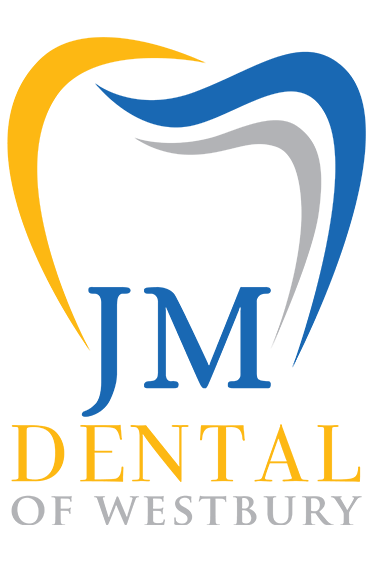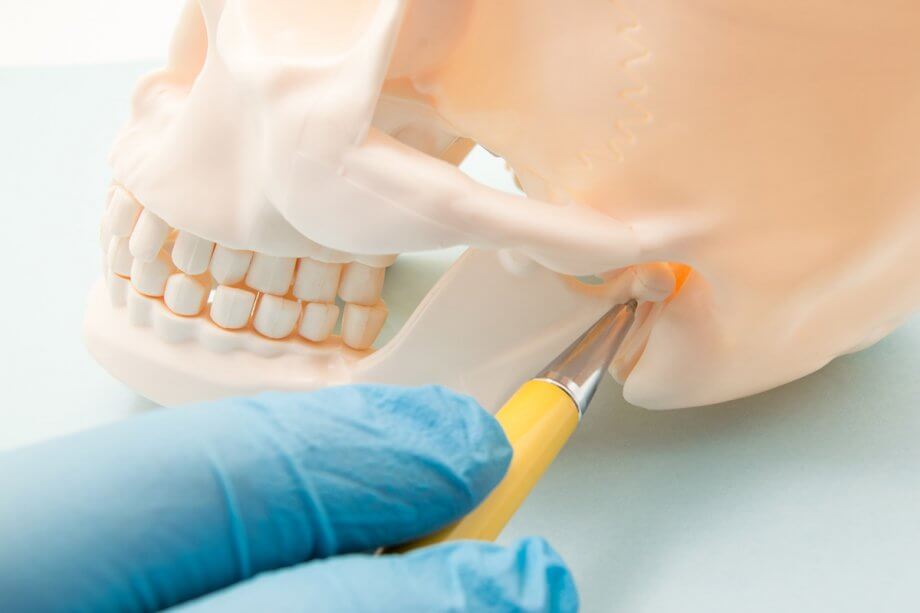The temporomandibular joint (TMJ) connects the lower jaw, or temporal bone located in front of the ear, to the skull. It plays a crucial role in regulating necessary facial muscle movements like chewing and smiling. The joint, situated on both jaws, facilitates mouth opening and closing, allowing for various directions of motion.
Temporomandibular joint dysfunction or syndrome can lead to severe discomfort and even immobility in this joint. It can cause a range of issues, such as toothaches, headaches, neck pain, and ear pain that often resembles the pain of an ear infection.
If you suffer from this disorder or its symptoms, you might wonder if TMJ can be cured. The good news is that several highly successful treatment options exist to explore.
Causes of TMJ Syndrome
Understanding the underlying causes is essential in seeking an effective treatment or lasting cure for TMJ syndrome. Several factors contribute to TMJ disorders, including:
- Jaw injuries (trauma) or sport injuries
- Poor oral habits such as teeth clenching or grinding (bruxism) during sleep
- Natural wear and tear associated with aging
- Medical or dental procedures
- Stress
- Arthritis
Options for Achieving Permanent TMJ Relief
Depending on what is causing your TMJ pain, various treatment options may work as a permanent cure.
Custom-made splints
Your dental provider can craft custom splints to fit over your upper or lower teeth, acting as a buffer to prevent teeth clenching or grinding. This cushioning effect provides the temporomandibular joint with adequate rest, promoting healing.
Wearing the splints for several days after experiencing complete relief and sticking to a soft diet during this time can also help for more long-term pain relief.
Physical Therapy
Physical therapy involves specific joint-targeted exercises. Beneficial exercises include the following as directed by your dentist or physical therapist:
- Chin tucks
- Tongue-up exercises
- Forward jaw movements
- Resisted closing
Complementary Treatments
Some TMJ disorder patients find Acupuncture and various massage techniques helpful when included in their treatment regimens. However, you should consult with your dental or healthcare professional before proceeding to ensure what you are doing is beneficial and not harmful.
Surgery
Surgery is a final recourse and is often not recommended by many medical experts. Arthroscopy, is a minimally invasive surgical procedure that helps in imaging the joint for a proper diagnosis and at times also used for treatment of select TMJ dysfunctions.
Transcutaneous Electrical Nerve Stimulation (TENS)
With TENS treatment, low-voltage electric shocks are utilized to alleviate pain. By transmitting electric currents through nerves, TMJ discomfort can effectively be relieved in some patients.
Address TMJ Discomfort Quickly
As with all other pain in the body, it’s crucial to take action when experiencing jaw joint pain. Ignoring TMJ discomfort can lead to irreversible problems if left untreated. For most patients, exploring different treatment options is vital to achieve lasting relief from TMJ-related issues.
Consulting the dental professionals at JM Dental of Westbury and adhering to your prescribed treatments can significantly decrease your symptoms and speed up your recovery.
Contact our office today to learn more about our TMJ treatment options. You can reach us by phone at 516-334-3444 or contact us online.

